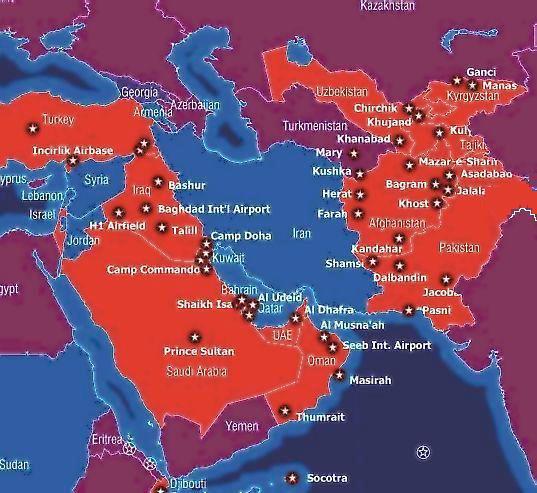- Thread starter
- #221
steve albino
New Member
What makes you say that Hugh?
Follow along with the video below to see how to install our site as a web app on your home screen.
Note: This feature may not be available in some browsers.
What makes you say that Hugh?
I can see where Israel is coming from when you have all these countries especiall iran /iraq with nukes and they wanting to wipe her off the map. If Iran does not stop this nonsense then the u.s/ israel has no other option then to strike first to protect israel and the planet.

Israel believes Iran itself has not yet decided whether to make a nuclear bomb, according to intelligence assesment to be presented later this week to U.S. Joint Chiefs of Staff Dempsey.
Upgrade your account now to disable all ads...
Upgrade nowWe use essential cookies to make this site work, and optional cookies to enhance your experience.